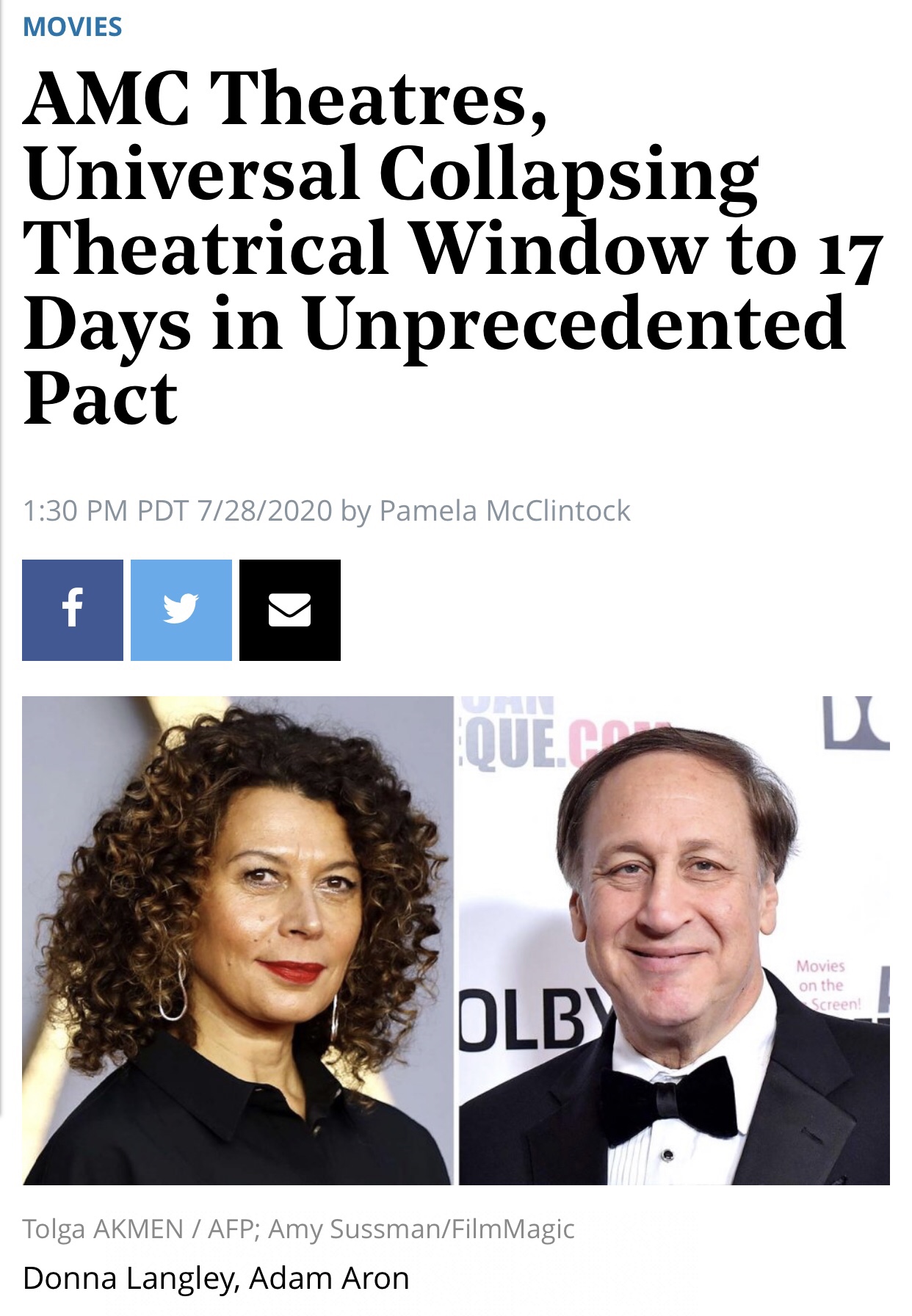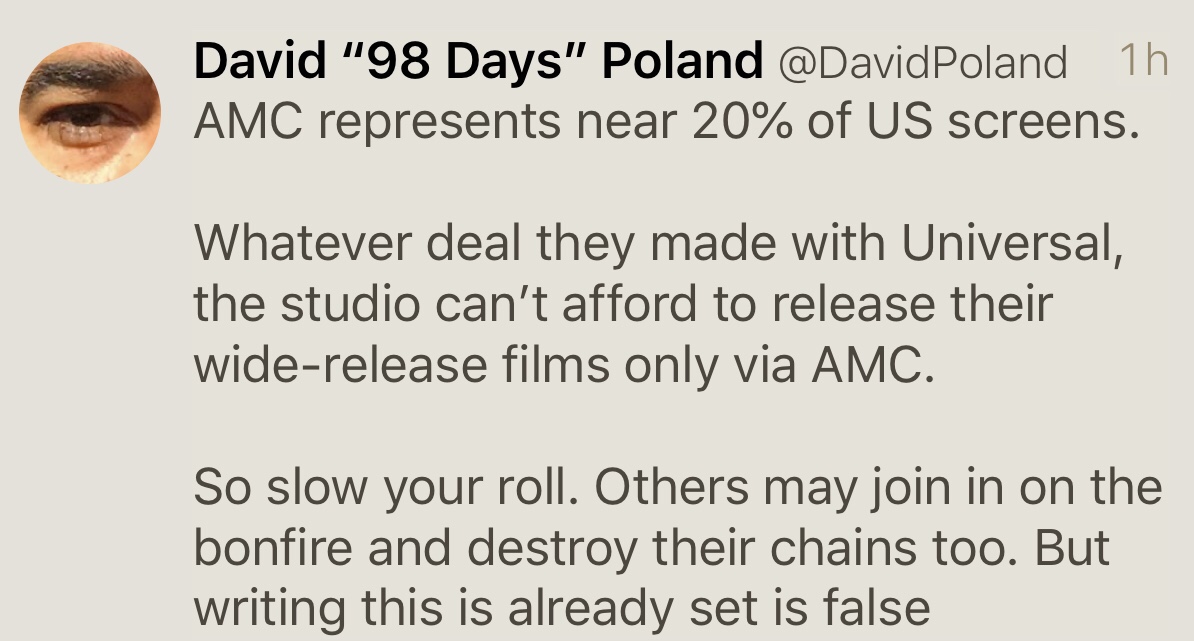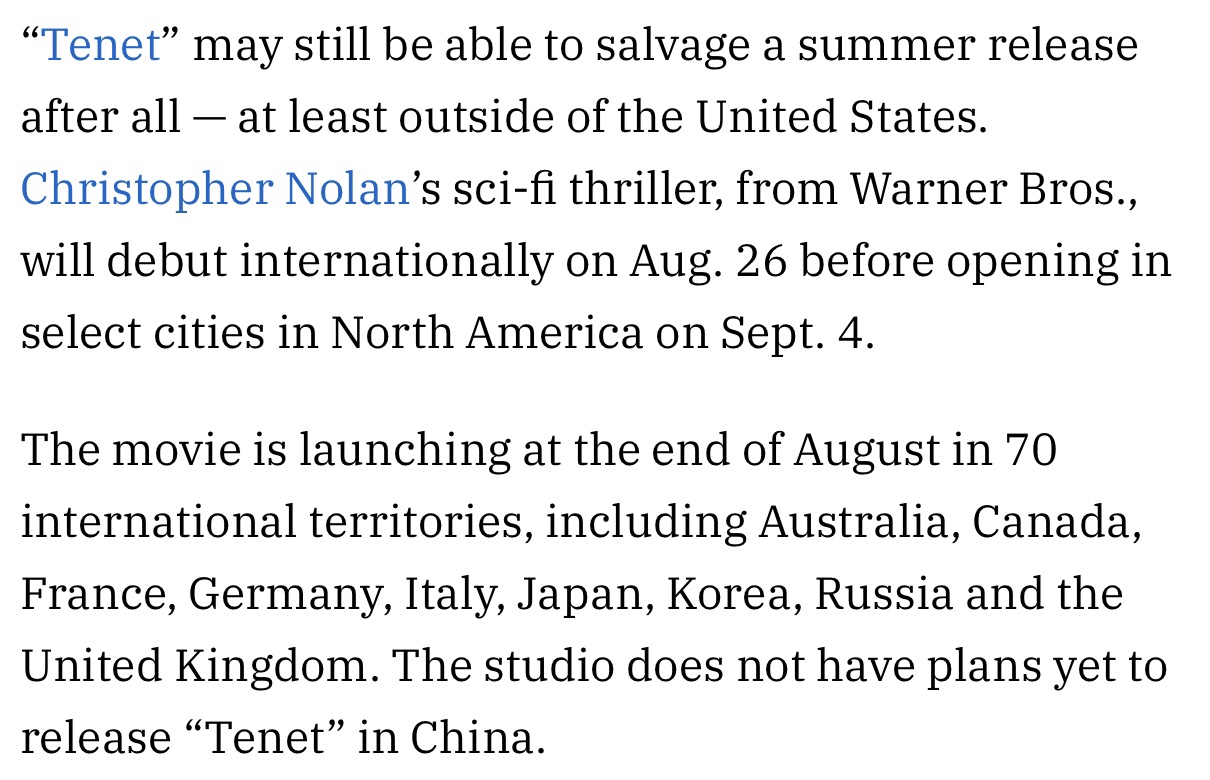

Even if I didn’t know that Samuel Bronston and Henry Hathaway‘s Circus World (’64) was a financial calamity (North American gross of $1.6 million vs. production costs of $9 million) that ended Bronson’s high-rolling career…even if I didn’t know this I could still smell a misconceived effort from the trailer.
That awful narration, the flatness of tone and lighting, the obviousness…God!
The idea was to somehow recreate the box-office appeal of Cecil B. DeMille‘s The Greatest Show on Earth (’52). It didn’t happen, in large part due to lead actors who didn’t blend.
56 during filming in ’63, John Wayne had become too bulky and too past-his-prime** to play Rita Hayworth‘s circus impresario lover, and Hayworth wasn’t doing too well herself with her alcohol problem and (alleged) early-onset Alzheimers.
No, I’ve never seen Circus World. I might give it a shot if I could see it gratis, but otherwise I’m cool with reading the bad reviews and imagining the shortcomings.
** Duke was also too old to play Angie Dickinson‘s boyfriend in Rio Bravo (’59), which was shot in ’58 when he was 51. Ditto Capucine‘s lover in North To Alaska (’60), which rolled film when he was 52 or thereabouts.
I’ve said this once or twice before, but the primary problem with The Godfather, Part III, which nobody ever liked and which is still regarded as the dishonorable bastard child of the Corleone saga, is that it didn’t respect the established arc of its main character.
Al Pacino‘s Michael Corleone was a somber, soft-spoken, cold-hearted iceman in The Godfather, Part II (’74), a guy consumed by his own dark and guarded impulses at the finale.
But when he returned as a gray-haired, crew-cutted Don in The Godfather, Part III (’90), Vito Corleone‘s youngest son had undergone a personality transplant. He’d become a reflective, fair-minded, at times shoulder-shrugging fellow who was no longer a coldly calculating shark but a thoughtful, moderately reasonable and even amiable head of a crime family.
Two entirely different hombres.
Rep. Pramila Jayapal (D-WA) asks the dishonorable Attorney General Bill Barr about federal officers descending on protesters near the White House ahead of Orange Plague‘s Bible-holding photo up, etc. Good conflict.
Why does the political atmosphere seem slightly more excitable or extreme in the Pacific Northwest than elsewhere? Consider the possible or partial influence of the graduates of the elite Evergreen State College, a liberal arts school located in Olympia, Washington.
From “Evergreen State College Wikipedia page“, under the heading “2017 Protests“:
“Every April from the 1970s until 2017, Evergreen held a daylong event called ‘Day of Absence’, inspired by the Douglas Turner Ward play of the same name, during which minority students and faculty members voluntarily stayed off campus to raise awareness of the contributions of minorities and to discuss racial and campus issues.
“In 2017, the Day of Absence was altered after students of color voiced concerns about feeling unwelcome on campus following the 2016 U.S. presidential election (i.e., Trump’s victory over Clinton) and a 2015 off-campus police shooting. For that year’s event, white students, staff, and faculty were invited to attend an off-campus event at a church that fit 200 people, or about 10% of the white student body. An event for students of color was held on the Evergreen campus.
“Bret Weinstein, a professor of biology at Evergreen, wrote a letter in March to Evergreen faculty, protesting the change in format, stating “on a college campus, one’s right to speak — or to be — must never be based on skin color.
“The incident attracted national attention, with the New York Times writing that Evergreen “found itself on the front line of the national discontent over race, speech and political disagreement” and that the national exposure led “right-leaning websites to [heap derision] on their newest college target.”
“In late May 2017, student protests — focused in part on the comments by Weinstein — disrupted the campus and called for a number of changes to the college. Weinstein says he was told that campus police could not protect him and that they encouraged him not to be on campus, which caused Weinstein to hold his biology class in a public park. Weinstein and his wife, Professor Heather Heying, later resigned and reached a $500,000 settlement with the university, after having sued it for failing to “protect its employees from repeated provocative and corrosive verbal and written hostility based on race, as well as threats of physical violence.”
Luca Guadagnino‘s Salvadore: Shoemaker of Dreams, a two-hour biopic of legendary shoe designer Salvatore Ferragamo, will screen out of competition at the 2020 Venice Film Festival. Ferragamo makes hand-crafted luxury shoes for people who value style and comfort. The business is based in Florence.
Wiki excerpt: “The company is owned by the Ferragamo family, which in November 2006 included Salvatore’s widow Wanda, five children, 23 grandchildren and other relatives. There is a rule that only three members of the family can work at the company, which has prompted fierce competition.”
Luca’s film is about the journey of the founder, who was born in Benito, Italy in 1898 and died in 1960 — only 62. Not the brand or the family business (which also manufactures watches, perfumes, handbags, eyewear, silk accessories and a ready-to-wear clothing line) but the man. The second YouTube clip is from Luca’s film.
No one is more admiring of Italian shoemakers than myself, especially in the realm of brown suede lace-ups. I bought my first pair of Bruno Magli Oxfords in Venice 20 years ago, and while my all-time favorite Bruno Magli suede lace-ups were ruined by a thoughtless West Hollywood shoe repair guy, I still have them in my closet. And yet my current suede favorites were made by Wolf and Shepherd.
I’ve bought Italian-made shoes that cost $350 or so, but some of Ferragamo’s Oxford lace-ups run $1500. Good Lord!
Who’s kidding whom? At best HE dabbles in broadcast/cable/streaming. In a word, I’m a dilletante. Meaning that I see what I have time for, but (a) don’t push me and (b) I tend to avoid comedies. I’m basically a movie, Bluray and 4K streaming guy in search of comfort zones. (Remember movies?) I live on Amazon, Netflix, HBO Max, Vudu and Criterion Channel. I’m nonetheless an educated human being with feelings, opinions, passions, etc. And so I decided to post this. Where’s the harm?
HE preferences are in boldface; random comments inserted. All hail Cate Blanchett, Tracey Ullman and the Mrs. America team.
Best Drama Series
“Better Call Saul” (AMC)…sure.
“The Crown” (Netflix)
“The Handmaid’s Tale” (Hulu)…nope.
“Killing Eve” (BBC America/AMC)
“The Mandalorian” (Disney Plus)…no!
“Ozark” (Netflix)
“Stranger Things” (Netflix)
“Succession” (HBO)
Comedy Series
“Curb Your Enthusiasm” (HBO)…HE-styled humor, close to home.
“Dead to Me” (Netflix)
“The Good Place” (NBC)
“Insecure” (HBO)
“The Kominsky Method” (Netflix)
“The Marvelous Mrs. Maisel” (Amazon Prime Video)
“Schitt’s Creek” (Pop TV)
“What We Do in the Shadows” (FX)
Limited Series
“Little Fires Everywhere” (Hulu)
“Mrs. America” (Hulu)…loved this series.
“Unbelievable” (Netflix)
“Unorthodox” (Netflix)
“Watchmen” (HBO)
Lead Actor in a Limited Series or Movie
Jeremy Irons (“Watchmen”)
Hugh Jackman (“Bad Education”)
Paul Mescal (“Normal People”)
Jeremy Pope (“Hollywood”)
Mark Ruffalo (“I Know This Much Is True”)
Lead Actress in a Limited Series or Movie
Cate Blanchett (“Mrs. America”)
Shira Haas (“Unorthodox”)
Regina King (“Watchmen”)
Octavia Spencer (“Self Made”)
Kerry Washington (“Little Fires Everywhere”)
Games, DHS goons, screams, smoke, street theatre. Tackled woman protestor: “Get the fuck offa me!” Goon tackler: “Fuckin’ coward!”…Trump’s storm troopers have provoked and the demonstrators have played right along. And to what end? Trump has simply collected good material for campaign ads.
Obviously the anonymous Department of Home Security goons have inflamed things, and yet street lefties in Portland and Seattle appear to be doing everything they can to persuade those who might otherwise vote for Joe Biden to hold their noses and, hating themselves, vote for The Beast. People will sympathize with political disturbances for a week or two, but they’re generally spooked by violent disorder, and are now sick of this repetitive crap and just want it to end already.
Remove the goons and it’ll all taper off. But of course, Trump and Attorney General William Barr want this horseshit to continue so the goons stay.
Favorite clip: Protestor peeing on a lamppost.
Our extravagant, suitable-for-Kim Kardashian pad in San Felipe. We drove back to WeHo in 7 hours and 15 minutes, including a 45-minute (possibly an hour) wait at the Mexicali border crossing.




